Delhi, a pivotal gateway for India’s international trade, thrives on efficient customs clearance services. Custom clearance agents in Delhi play a crucial role in managing the complex processes at major ports like the Inland Container Depot (ICD) Tughlakabad. They ensure your shipments move smoothly through customs, handling essential documentation such as Bill of Entry, Shipping Bills, and duty payments.
With in-depth knowledge of local customs regulations and procedures, these agents help businesses avoid costly delays and penalties. Their expertise in tariff classifications, duty calculations, and compliance ensures that goods are cleared promptly.
Choosing the right custom clearance agent in Delhi streamlines your import-export operations and ensures compliance with evolving regulations, providing a seamless trading experience.
Role and Importance of Custom Clearance Agents in Delhi
Custom clearance agents in Delhi are integral to the smooth functioning of trade activities, offering expertise across various aspects of the import-export process. Here’s a closer look at their crucial roles:
- Facilitation of Trade Processes: Custom clearance agents bridge the gap between businesses and customs authorities. They manage essential trade documentation like Bill of Entry and Shipping Bills, ensuring your goods clear through ports like ICD Tughlakabad and the Air Cargo Complex without unnecessary delays. Their expertise simplifies the customs process, allowing businesses to focus on their core operations.
- Ensuring Compliance with Legal Regulations: Navigating the ever-changing regulations in customs can be challenging. Delhi-based custom clearance agents stay updated on policies and guidelines issued by the Central Board of Indirect Taxes and Customs (CBIC). They ensure that businesses adhere to all regulations, minimizing the risk of non-compliance penalties. This compliance expertise is especially valuable for first-time importers and exporters.
- Streamlining Administrative Procedures: Custom clearance involves multiple administrative steps, including tariff classifications, duty calculations, and the submission of required documents. Agents in Delhi streamline these procedures, acting as a single point of contact between businesses and customs authorities. They help expedite clearances by managing documentation efficiently, reducing the chances of errors or rejections that could delay shipments.
In addition to streamlining administrative procedures, Intoglo offers specialized services in streamlining the customs clearance process. With expert customs brokers, we ensure document pre-screening before shipment departure, reducing potential issues. Our services include submitting customs entries before shipment arrives and expediting the clearance process at all major ports and ICDs.
- Role in Cost and Time Efficiency
Time is money in trade, and any delay at customs can lead to substantial costs. Custom clearance agents in Delhi help businesses avoid delays by promptly managing duties, taxes, and port charges. Their ability to navigate intricate customs procedures means faster clearance times, lower storage fees, and reduced risk of demurrage charges, ultimately saving businesses both time and money.
Also Read: ICD Ahmedabad – Port and Customs Services
Key Responsibilities of Custom Clearance Agents
Custom clearance agents in Delhi ensure that goods move smoothly through customs. Here’s a breakdown of their key responsibilities:
1. Preparation and Submission of Documents
One of the primary responsibilities of custom clearance agents is to prepare and submit crucial documents like the Bill of Entry, Shipping Bills, invoices, and packing lists. Accurate documentation is essential to avoid delays during the clearance process. These agents ensure that all paperwork aligns with customs requirements, ensuring the necessary forms are correctly filled and submitted on time.
2. Coordination with Customs Authorities
Custom clearance agents in Delhi act as a liaison between businesses and customs authorities. They coordinate with various departments to ensure the timely processing of clearances. This role involves staying in constant communication with officials at Delhi’s key ports to facilitate the smooth movement of goods through the customs process. Their connections and familiarity with the local customs environment can significantly expedite the clearance process.
3. Management of Duties and Taxes
Calculating and managing duties, taxes, and other port charges is another crucial responsibility of customs clearance agents. They ensure that all applicable duties are accurately calculated based on tariff classifications and product types. By managing these payments efficiently, they help businesses avoid overpayment or penalties, ensuring compliance with India’s customs regulations while optimizing the cost of importing or exporting goods.
4. Handling of Incidents and Discrepancies
Custom clearance processes can sometimes encounter unexpected incidents or discrepancies, such as incorrect valuations, missing documents, or disputes over product classifications. Custom clearance agents are responsible for promptly addressing these issues. They work to resolve discrepancies with customs officials, provide necessary clarifications, and ensure that any issues are handled to avoid shipment delays.
Legal Framework Governing Custom Clearance Agents in India
A robust legal framework governs the role of custom clearance agents in India to ensure transparency, compliance, and efficient trade facilitation. Here’s an overview of the key laws and regulations that govern their operations:
The Customs Act, 1962
The Customs Act of 1962 is the foundational legislation that governs all customs-related activities in India. It lays down the import, export, duty assessment, and clearance procedures rules. Custom clearance agents must strictly adhere to this act’s provisions, ensuring that all goods entering or exiting through ports like those in Delhi comply with these regulations. The act empowers customs authorities to inspect, assess, and levy duties on goods, while agents help businesses navigate these processes.
The Customs Brokers Licensing Regulations (CBLR), 2018
The CBLR, 2018, governs explicitly the licensing and conduct of customs brokers in India. It sets forth the qualifications, eligibility criteria, and procedures for obtaining a customs broker license. The regulation also outlines the code of conduct for licensed brokers, including obligations regarding documentation accuracy and integrity.
Custom clearance agents in Delhi must hold a valid license under this regulation to offer their services legally. This framework ensures that only qualified professionals manage the complex aspects of customs clearance.
Duties and Liabilities Under Indian Law
Under Indian law, custom clearance agents have several duties and liabilities, including ensuring that they provide accurate information to customs authorities. They must ensure that all declarations, classifications, and valuations are correct, as any discrepancies can lead to penalties. Additionally, they are responsible for maintaining proper records of transactions and keeping them available for audit by customs authorities.
Misrepresentation or negligence in carrying out these duties may cause suspension of their license under the CBLR, 2018.
Regulatory Compliance Standards
Custom clearance agents must adhere to various regulatory compliance standards set by the Indian government. This includes compliance with guidelines issued by the Central Board of Indirect Taxes and Customs (CBIC) and following procedures for Anti-Money Laundering (AML) and Know Your Customer (KYC) norms. They must also stay updated with any amendments or changes in customs procedures to ensure smooth operations for their clients.
Maintaining these standards helps businesses avoid legal complications and ensure adherence to international trade norms.
Challenges Faced by Custom Clearance Agents
Custom clearance agents play a crucial role in international trade but encounter several challenges in their operations. Here’s a closer look at some of the key difficulties they face:
- Navigating Bureaucratic Procedures: The customs clearance process often involves complex bureaucratic procedures. Agents must deal with multiple layers of approval, paperwork, and verification, which can slow down the process. Delays in obtaining clearances can impact the timely release of goods, leading to increased business costs.
- Keeping Up with Regulatory Changes: Customs regulations are constantly evolving, with frequent updates from the Central Board of Indirect Taxes and Customs and international trade policies. Staying informed about these changes is important to avoid non-compliance penalties.
Intoglo’s in-house compliance team monitors regulatory updates closely, helping clients maintain compliance seamlessly, whether through the internal filing of AMS (Automated Manifest System) or ISF (Importer Security Filing).
- Managing Logistical Complications: Logistics can be unpredictable, with issues like port congestion, unexpected delays, and changes in shipping schedules. These disruptions can complicate the customs clearance process. Custom clearance agents must coordinate with shippers, transporters, and customs officials to manage such logistical challenges.
- Ensuring Accurate Documentation: Documentation is the backbone of customs clearance; even minor errors can result in delays or fines. Agents must ensure that documents like the Bill of Entry, Shipping Bills, and invoices are accurate and complete. Handling these details requires a meticulous approach, especially when managing high volumes of shipments.
Intoglo supports this process through internal filing capabilities, decreasing the possibilities of errors and ensuring that documentation meets all requirements for a smooth customs experience.
Technological Advancements in Custom Clearance
Technology has transformed the customs clearance process, making it more efficient and less time-consuming. Here’s how technological advancements have reshaped the industry:
- Introduction of Automated Systems: Automation has streamlined many aspects of the customs clearance process, reducing the need for manual intervention. Automated systems handle repetitive tasks such as data entry, reducing errors and accelerating processing times. These systems can process large volumes of declarations, calculate duties, and even verify documents automatically. As a result, businesses experience faster clearance times and fewer delays at ports.
- Use of Online Portals for Documentation: The shift to online portals for documentation has simplified interactions with customs authorities. Platforms like ICEGATE (Indian Customs Electronic Gateway) allow importers and exporters to submit necessary documents, pay duties, and track their shipment status online.
This transition to digital platforms minimizes the need for physical documentation, lowers the possibility of document loss, and provides a more transparent manner to manage customs requirements.
- Implementation of EDI (Electronic Data Interchange): EDI enables the secure exchange of documents between customs authorities, shipping lines, and importers/exporters. It automates transferring essential data like Bills of Lading, Shipping Bills, and invoices. EDI reduces the processing time for customs entries, ensuring that the required data reaches authorities quickly and accurately.
Implementing EDI has helped streamline the customs process, making it more efficient and less prone to human error.
- Role of AI and Machine Learning in Customs Operations: Artificial Intelligence (AI) and machine learning have brought a new level of sophistication to customs operations. These technologies can examine massive volumes of data to identify patterns, detect anomalies, and predict potential shipment risks. AI also automates risk assessments and document verification, reducing processing times and enabling customs officials to focus on more complex cases.
Intoglo’s AI-Powered HS Code Scanner for Exporters
Intoglo leverages AI through its AI-powered HS Code Scanner, designed explicitly for exporters. This scanner helps exporters quickly generate US-specific HS codes and tariffs by uploading the product images in just 2 minutes. Intoglo’s solution helps exporters avoid delays caused by incorrect codes, ensuring smoother customs clearance. This AI-powered approach saves time and enhances compliance with customs requirements, making the entire process more efficient.
Conclusion
Custom clearance agents in Delhi play a vital role in facilitating international trade, ensuring compliance, and managing the complexities of customs regulations. As the industry evolves, there is a growing emphasis on digital transformation. Technologies like AI, automated systems, and EDI have made customs processes more efficient and accurate, reducing delays and enhancing transparency. Furthermore, the shift to sustainability and environmentally friendly methods is becoming essential in logistics.
Custom clearance agents are increasingly adopting greener practices, such as reducing paperwork and optimizing shipment routes to lower carbon footprints. These activities are consistent with the global push for responsible trade.
Intoglo stands out in this evolving landscape with its door-to-door FCL shipping services from India to the USA. We combine cutting-edge technology with a commitment to sustainable practices, ensuring efficient and eco-friendly shipping solutions. For seamless customs clearance and reliable FCL shipping emphasizing sustainability, choose Intoglo for your export needs.


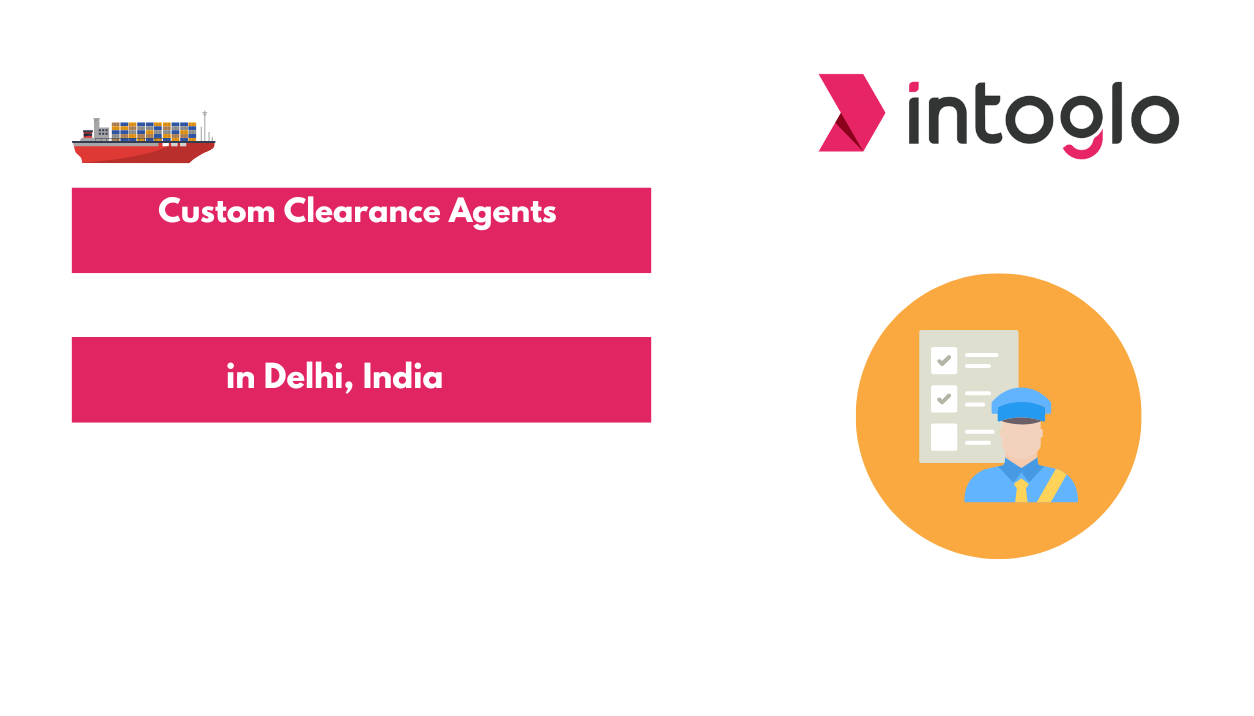
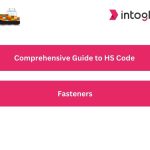
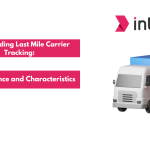
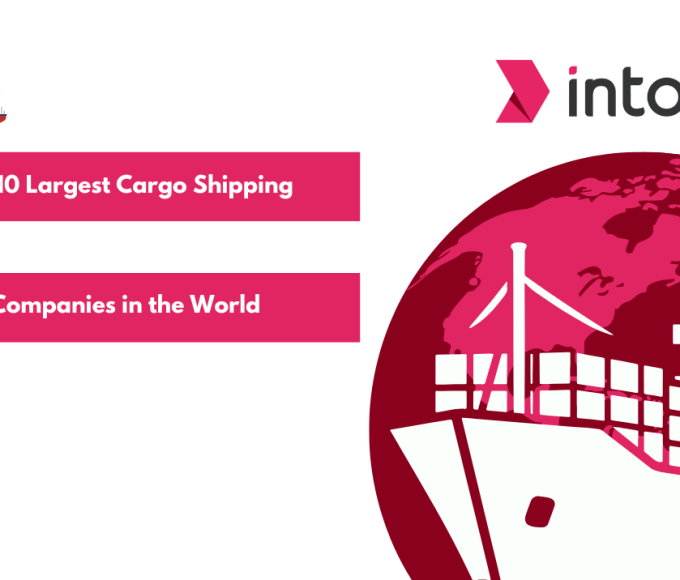
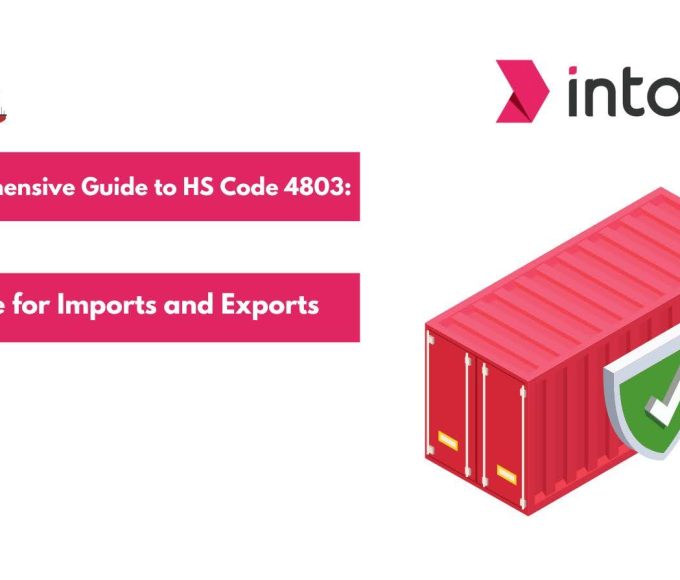
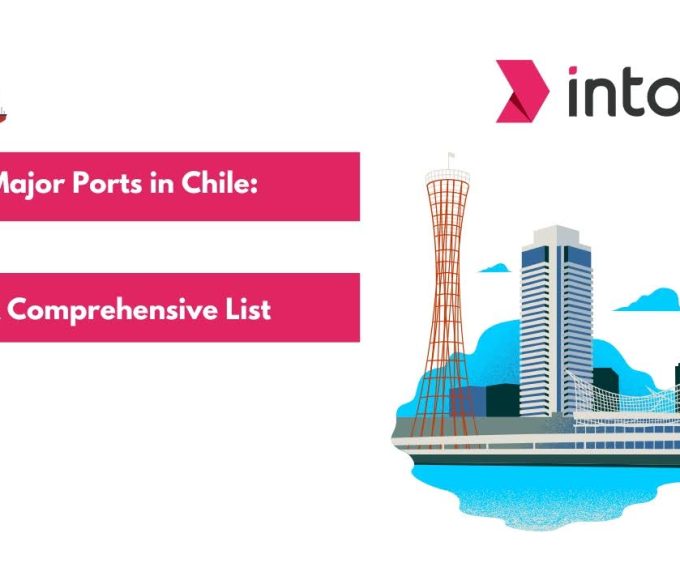
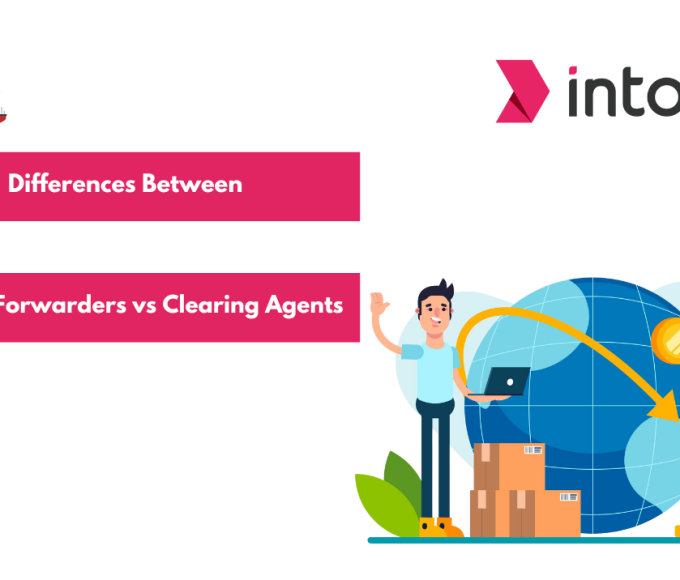
Leave a comment